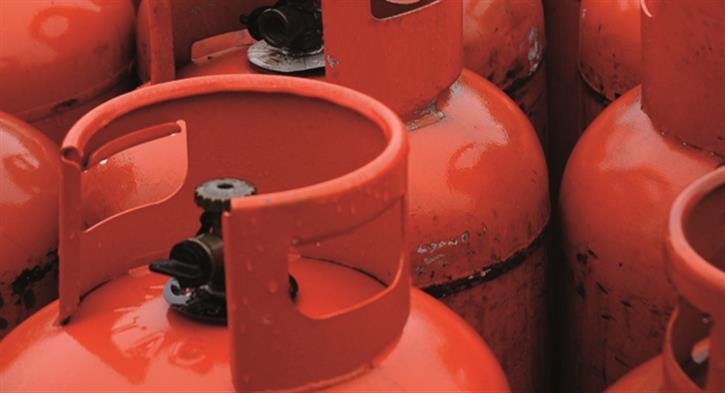

Following announcements that the government is set to make substantial cuts to household energy efficiency funding, LPG trade association, UKLPG, is urging ministers to consider a future rural boiler replacement programme.
The pre-recess raft of policy announcements included the end of support for the Green Deal Home Improvement Fund (GDHIF), which incentivised householders to install a range of home energy efficiency measures.
This followed a range of new measures designed to curb the government’s subsidy spending, such as the immediate removal of subsidy for biomass conversions and a consultation proposing a change in the rules around access to the Feed-In-Tariff scheme (FiT).
The effects of potential funding cuts are most likely to be felt in UK households, which do not have access to the mains grid. This equates to approximately two million homes, or 4.6 million people, according to parliamentary data.
“The variable quality and age of the UK’s rural housing stock has left many rural homes in need of an upgrade to ensure their heating and hot water requirements are met,” says Rob Shuttleworth, chief executive of UKLPG.
“There is certainly more that the government can do to help off-grid residents achieve greater household energy efficiency.”
By installing a new LPG condensing boiler, users can achieve greater efficiency and significant carbon emissions savings, says UKLPG.
LPG boilers produce fewer harmful emissions than conventional fossil fuels, with their combustion emitting 33% less carbon dioxide than coal and 15% less than heating oil. Meanwhile, the versatility and convenience of LPG makes it a reliable energy source as part of a hybrid renewable heating and hot water system.
Following the recent confirmation from Amber Rudd MP that carbon reduction targets are essential to safeguarding the UK’s future energy security and supply, LPG is well positioned to help DECC ensure that these are met, the trade association argues.
“According to the Heating & Hot Water Council, approximately 80,000 oil and gas boilers are replaced in rural Britain each year. We are urging the government to expand this on a wider scale and to support a rural boiler replacement programme to improve household energy efficiency and reduce carbon emissions across off-grid Britain,” said Mr Shuttleworth.
“Such a measure would certainly ease the burden for off-grid residents. As we wait to see the impact of the spending review, UKLPG believes this will provide a clearer pathway to help householders to achieve both carbon emissions cuts and greater home heating efficiency.”
To find out more information, please visit www.uklpg.org.
If you'd like to keep up-to-date with the latest developments in the heating and plumbing industry, why not subscribe to our weekly newsletters? Just click the button below and you can ensure all the latest industry news and new product information lands in your inbox every week.